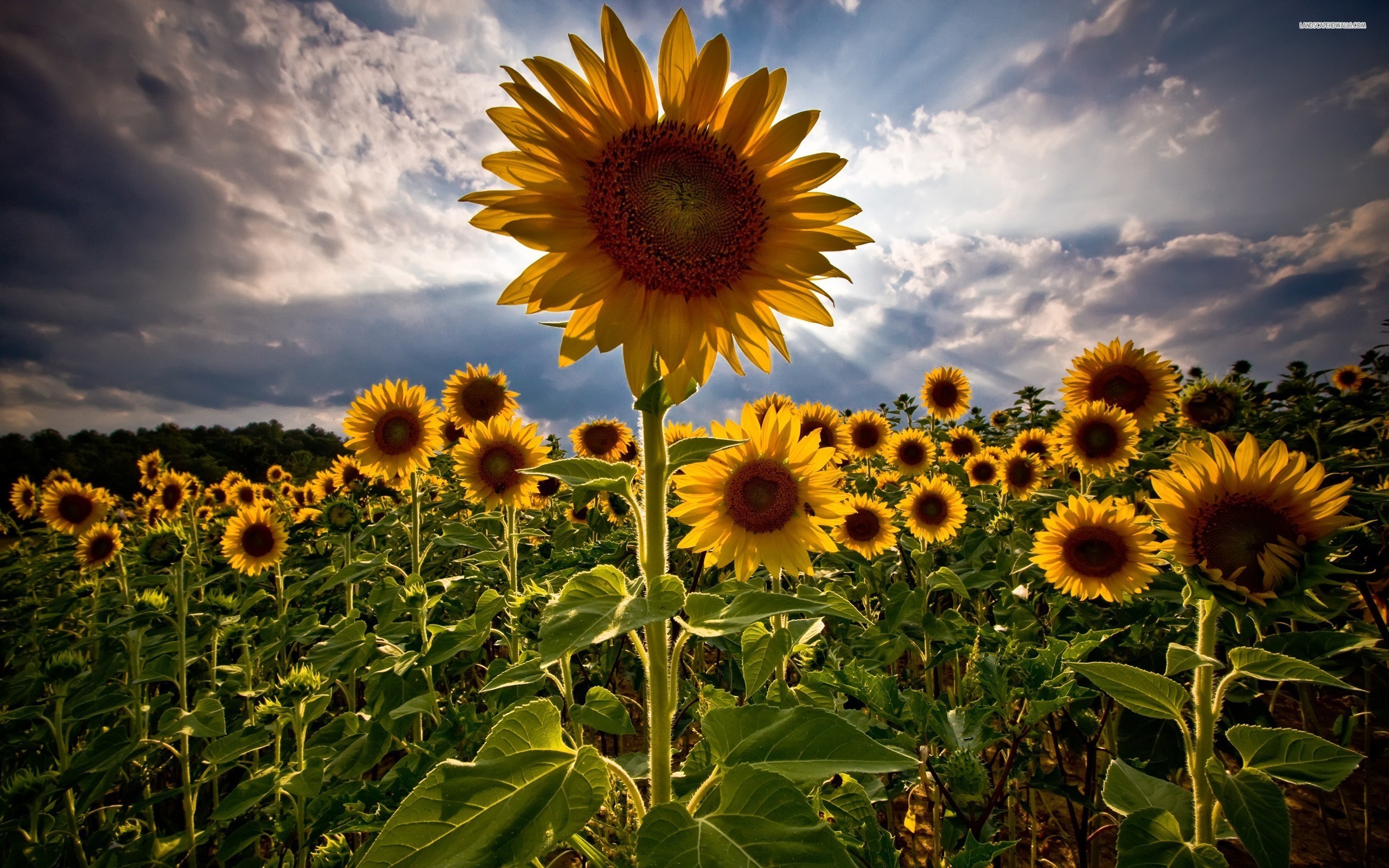These days we seem to love a lot. We love food, clothes, iPhones, dogs, cats, horses, houses, cars, hairstyles, tunes, movies, apps, sushi, coca-cola and much, much more. We also love our spouses, partners, kids, family, and friends. Everything goes together in the same pot. In short, we love everything and nothing, too quickly and too easily—but what comes easily goes just as easily.
I still remember when we reserved the word “love” for only the very, very special. It appears that either we have devalued the meaning of “love,” (as swiftly as we do with a currency when it reflects our poor financial resolutions), or that we simply don’t know what love is.
We seem to be terribly confused about love. Maybe, it is this dark age of ideological decay and disillusion, in which we live, that compels us to beg for and crave love. It prompts us to see love everywhere and to mistake it for what it is not, namely passion, infatuation, obsession. Though, as far as I’m concerned (and, of course, you may disagree), love is none of the above. Love is, in its essence, incompatible with passion.
We regard the love between two lovers as the epitome of love itself. Our literature and movie industry give us plenty of examples thereof. We are flooded by thousands of love songs and romantic movies. And yet, despite the fact we depict this romanticized love as the pinnacle of our aspirations, it often turns sour and gives way to despair and tragedy. The “forever clause” love promises, often falls painfully short. The USA has a divorce rate of 53%, which equates to one divorce every six seconds (with 73% of third marriages ending the same way). Italy has the highest rate of unhappily married women: 52%. These figures alone beg the question: do we know what love is?
The problem, as is often the case, is how we define (or do not define) the concepts our mind uses to think. If feelings and emotions influence our thoughts, so do thoughts leave their mark on our feelings and emotions—and ultimately on who we are.
When we fall in love, we aim for completion: an escape route from the crushing feeling of loneliness entrapping us, from our deficiencies. Do we fall in love with the other person or with the enhanced image of ourselves in our lover? That is a pertinent question for, as I see it, to begin a deeper relationship simply to escape our shortcomings and satisfy our needs is extremely selfish and disrespectful to both parties. It will not bring us peace and harmony either, both inherent parts of love. We love best when our need to see our loved ones happy exceeds any need we may have of them.
Falling in love is not love. It is an infatuation, a passion, a very strong feeling of excitement and anticipation. It hurts so bad that it must be good, or so we think. Anger and sexual desire are equally strong feelings of excitement and anticipation, yet I doubt anyone would regard them as love. “Making love” is a misleading term used to describe sex. You don’t need to love the one you make love to, and you can love someone to whom you don’t make love. In other words, “making love” is just a romanticized way to describe sex or a subtle way to distinguish between casual sex and sex with someone for whom we care.
The confusion results from the fact that passion and love are similarly strong attractions to one person. The fire of passion gets its oxygen from our unsatisfied needs. It comes with many strings attached. It is highly conditional. “I love you, you make me feel a better person,” “You’re mine, I love you,” “I need you, I love you.” Passions rise and fall like a rollercoaster and often at the same speed. They depend on how the other person treats us and how we perceive ourselves in the relationship. Passions are full of doubt and questions: “Do you still love me?,” “What can I do so you keep loving me?” Passions are strong, often irrational attachments to the object, which generates them.
The essence of love, or at least as I understand it, is a far cry from the essence of passion. True love (not to be confused with falling in love or making love) is unconditional, no strings attached, no expectations. I scratch your back, and I don’t necessarily expect you to scratch mine. True love is to want the other person to be happy, irrespective of what it makes us. That does not imply that if we love someone, we must accept and endure disrespectful treatment. I can love someone and genuinely wish that person to be happy—and contribute to it, no strings attached—though not at the cost of being miserable. There is no contradiction in saying, “I love you, I want you unconditionally to be happy, but it’s not right for me to live the way you want.” True love can only grow and thrive in freedom. We cannot entrap love, for if we do, we kill it. True love is a free bird that we can’t cage. All we can do is to rejoice seeing it fly around freely, being fully aware that one day it may not come back, and contemplating that prospect with no trace of fear.
All relationships are a trade—a give and take. Passions survive if there’s a balance between the two. We keep (consciously or unconsciously) accurate accounts on what we give and what we take. Love also requires balance though not depending on particular give and takes. We give what we can, and we are grateful for what our loved one offers us.
Passions wane if we don’t get what we need. Love does not because it does not depend on our needs. Passions are selfish, calculated and manipulating. Love is not. In our times, what most resembles true love is probably our love for our children. We want them to be happy, and we give without expecting anything in return. Still, many parents sacrifice the happiness of their kids for what it makes them, compelling them to follow determined paths. That is not love, but merely a selfish projection of one’s ego and shortcomings. One thing is teaching to the best of our knowledge; another thing is to impose our norms and to project our ambitions onto our children’s lives.
“If I don’t get what I need, I walk away”—that’s passion. “You took away from me something I needed, and I didn’t walk away on you”—that’s love.
Passions are by nature unreliable. They ignite as easily as fuel, are as volatile as fire, and are dangerously unstable. Crimes of passion are, alas, too frequent. Passions are a poor foundation for true love, peace, and happiness. Being in love feels great as long as it lasts, and we can certainly enjoy it as long as we are well aware that it will end one day and that it may hurt. Being in love is an infatuation and, as with all obsessions, it is capricious and shallow.
We fall in love for many reasons, but mostly out of some degree of desperation, either because we feel lonely, we have an immense craving for affection or the need to be re-affirmed. We see ourselves through the eyes of the person with whom we fall in love. We identify ourselves with a picture, a fata morgana. To define ourselves by means of anything but who we are (that is, what we think, we feel and we do) is inviting suffering to bed. It is like having a beautiful dream, but all dreams come to an abrupt end for we will we wake up eventually. Deep inside, lovers know that. Clinched in a profound embrace, they look into each other’s eyes and whisper, “I want to stop time, to keep this moment frozen forever.” It is the realization that it will end one day that makes it hurt so badly. What makes us suffer is the inevitable loss of the illusion, to which we cling in vain, pinning on it all our hopes for happiness. When it’s over, we feel we have lost love, but we haven’t really lost it, for we never had it in the first place. What we had was an illusion, as we failed to realize that we can only find our peace and create our happiness from within and through our own thoughts and actions. Nobody, not even a lover, can give it to us.
True love is completely different in essence and manifestation. We cannot lose what is real, only what is an illusion. Therefore, true love does not leave scars when we lose it because we can never lose what is real. When the free bird flies away, we don’t lose it because it was never ours, and we never claimed it. What is ours forever and is true is the pleasure of seeing it fly freely and wish that it will fare well. Passions live in anticipation, love in what is real.
Love is fragile and, like a bonsai, we must nurse it and take good care of it. A bonsai requires a reliable measure of water, light, and temperature, not when we have the time for it or feel like doing it, but when the bonsai needs it. We need to take care of it every day no matter how busy we are with other chores. Love requires a reliable dose of dedication, unselfishness, and affection, not when we have the time or the need to give it, but when the other person misses it. A bonsai grows into a beautiful little tree we can rejoice in if we treat it correctly. Its strength and imperceptible growth fills our heart with joy for we have given without expecting anything in return—for what can a little bonsai give us but joy? Equally, love flourishes and enriches our lives if we take good care of it without keeping account of what we get back. The happiness of our loved one will fill our hearts with joy—and what can happiness give us but happiness?
Are you ready for love? Nurse a bonsai for five years. If you can, the chances are you are ready for love. “There’s no remedy for love than to love more,” Henry Thoreau wrote. I’d say, “There’s no remedy for love than to love right.”
Loving is not an apparition. It is the process of having the courage of facing our weakness and turn it into strength. The moment we expose our vulnerability to another person, we face our egos, desires, demons and illusions. If it is the right person, we may challenge ourselves toward creating an open-minded and genuinely honest relationship—one marked by a pure, unselfish, and unconditional love. Only then, an everlasting connection may emerge between two wholesome individuals who don’t depend on one another but willingly and lovingly give and take in mutual support.
You know true love when you gaze into the eyes of your loved one, and you catch a glimpse of a new world, an unconditional promise of freedom from the boundaries of your confined self, the ultimate journey into the timeless and the boundless—reasoning and being, giving and taking seamlessly merged—like tears in the rain.


